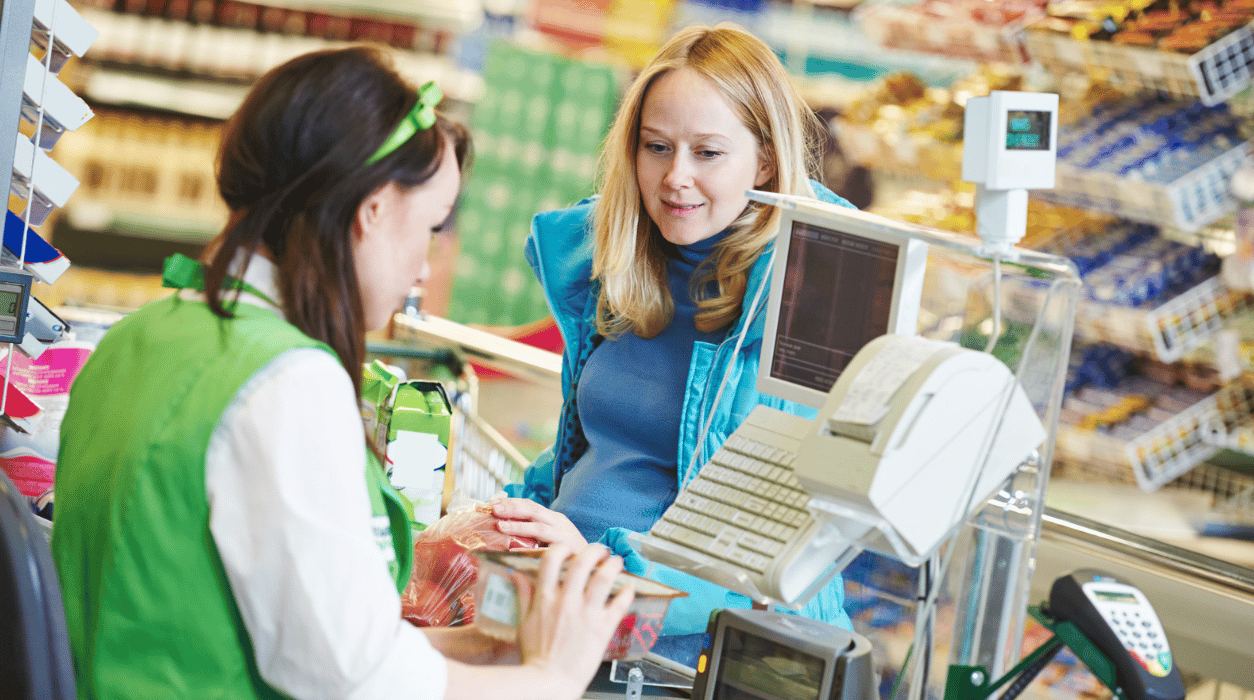
Cash management practices in retail environments have been static for decades but a wave of technology innovations are changing the landscape. The dilemma for retailers is choosing the right solution. There are cash automation options for POS registers and solutions designed for a back office or cash room. How do you decide which is right for your retail business? You can start by answering these questions.
Are Your Customers Ready for Self-Checkouts?
Even the earliest retail adopters were slow to introduce automated self-checkouts in their stores. They recognized that many customers still aren’t comfortable enough with technology for automatic payment terminals or self-checkout kiosks to replace cashiers. If you have a couple of self-checkout registers, will your customers use them? Do you have the space they require? Will they ease congestion during peak times or address staffing issues? Self-checkout technology is a significant investment and will only deliver a solid ROI if it’s a good fit for your environment and your customer base.
Do You Have Space at Your Registers?
Cash automation controlled by cashiers at the registers is another option. Cash automation at the point of sale significantly increases the efficiency and accuracy of cash payments while increasing security and reducing risk. There are many solutions for this application but your selection will be largely affected by the amount of space available at the register. Some solutions are very small but have limited functionality. Innovation has significantly increased the selection of smart safes and recyclers designed for compact areas, making it likely you’ll find a solution that fits.
Do You Have a Back Office or Cash Room?
Many retailers don’t have the luxury of a back office or cash room. But those who do have an opportunity to concentrate cash inventory there and address a number of inefficiencies. A designated space away from the point of sale can usually accommodate a larger automation solution such as a recycler or high-capacity smart safe. For instance, cash from registers can be deposited to a cash recycler for secure, overnight storage and an electronic record. Cash stored on-site can easily be dispensed as start-of-day funds. Secure storage reduces the frequency and expense of cash transport and a back office location provides a more low-profile pickup point for cash-in-transit activities.
Do You Know Your Limits?
Business personal property insurance doesn’t usually cover the theft of cash and other payment vehicles. A separate type of coverage called commercial crime (or theft) insurance covers your cash losses from a robbery or employee theft. But even if you have crime insurance, there’s a limit to the amount of cash the policy will replace. Limits can vary dramatically and are calculated based on risk factors like location, the security level of cash storage and security measures taken during cash transport. Limits may also vary within a policy depending on whether theft occurs on or off your premises. For example the coverage limit can differ for an in-store robbery vs. one that occurs during cash transport.
But why does this matter when choosing cash management solutions? Because cash automation will impact your cash inventory and cash-in-transit practices and you need to understand how these changes may affect your insurance coverage. Keep in mind this technology reduces the risks of unsecured cash, so you may see a positive impact on your insurance coverage and rates.
What Are Your Cash Patterns?
The right solution should be based on the cash volumes and patterns. Identifying patterns like start-of-day cash requirements or how much of each denomination is typically needed throughout the day will help you understand your needs for specific product features like bill mix and bill capacity.
It’s equally important to recognize how much time is being spent on manual cash handling at the beginning, during and at the end of the day. An investment in cash automation buys time for your staff to spend driving sales and improving customer experience.
These questions are a good place to start and can help you narrow your options. But a cash expert to help you evaluate your cash operation is the best way to ensure you select a solution that addresses your needs.

